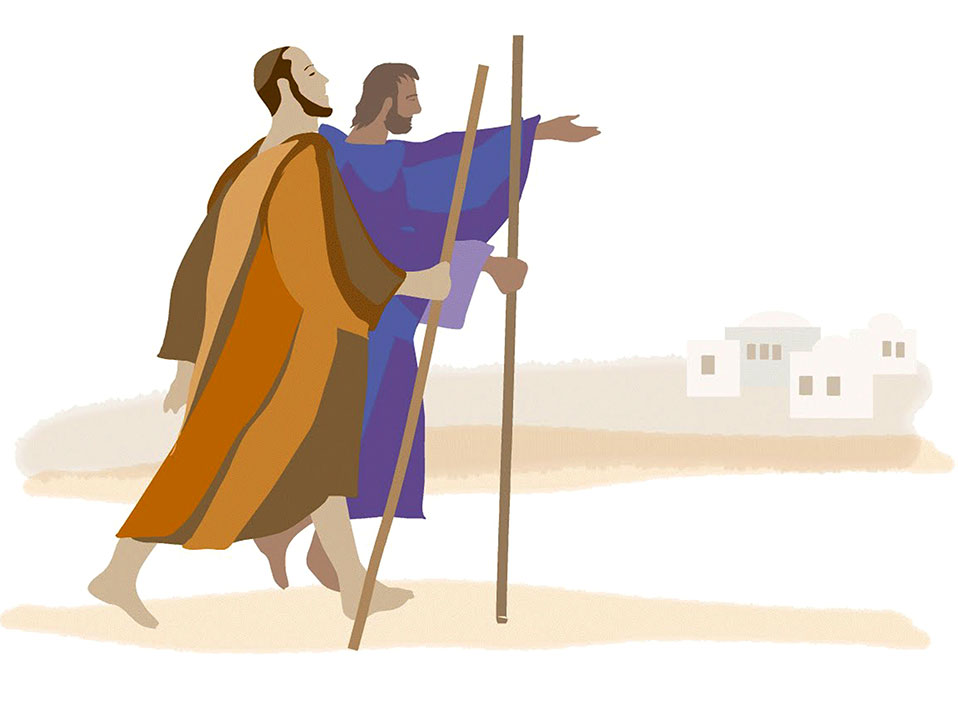When I was assigned to work in South Africa and left Manila for good in 2012, the cheapest way to fly to Portugal, my home country, was to take two different airlines: one from Manila to Bangkok, and the other, from Bangkok onwards. As a result, I was only allowed to carry 20kgs of luggage. This meant that, after seven years in Manila, I had to leave behind some personal things, especially clothes and books that were particularly heavy.
Selecting exactly what to leave was not easy. In fact, it is always never easy. Over the years, we tend to accumulate papers, gifts and souvenirs. So when moving time comes, we have to ask ourselves: “What do I really need?” Among the things I need, essentially for my work as a journalist, are my laptop and camera. Therefore, I didn’t leave them behind. I didn’t leave “everything.” Because there is no point in leaving things that are very much needed, only to buy them in the next destination.
To leave goods and people behind is part and parcel of our missionary life. It happens in all our transfers. It’s a matter of fidelity to Jesus. In the missionary discourse, He is quite strict with His disciples and commands them not to go along with many things. He knows that material securities may prevent them from trusting, as they should, in the Lord of the vineyard and in the treasure of the message they carry. But what pain us most are not the things we leave behind, but the relationships, starting with members of our close-knit family.
In the above passage from Luke, Jesus is talking about the discipleship’s total dedication (Lk 14: 25–35). It is clear that to follow Jesus entails a high cost. It requires an exercise of detachment from goods and people. This is understandable for missionaries who are some of Jesus’ disciples. What about for other disciples – all the other Christians who are not called to live a life of evangelical perfection. Do the words of Jesus apply to them in the same way?
DETACHMENT IS THE CALL
There’s an episode in the Gospels in which a rich man – the evangelist Luke introduces him as young (Lk 18: 18-30) – comes to Jesus to inquire how he can “gain eternal life” (Mt 19:16-30; Mk 10: 17-31). First, Jesus recalls the commandments and praises him for following them. Then He asks him to “go, sell what you have, give all to [the] poor … and then come, follow Me.” The man could not take the challenge, thus he goes away sad. Can we consider Jesus’ challenge valid for all Christians?
Should Christians give away everything and become beggars or dependent on others? Do the words of Jesus mean we have to liquidate our bank accounts, sell our homes, cars, everything? No, of course not! But it does mean that our attitude towards all our possessions needs to be put in the right perspective.
Dealing with money is not easy. The Apostle Paul warns against the trap of riches: “Those who want to be rich are falling into temptation and into a trap and into many foolish and harmful desires, which plunge them into ruin and destruction. For the love of money is the root of all evil, and some people, in their desire for it, have strayed from the faith and have pierced themselves with many pains” (1 Tim 6: 9–10; cf. Prv 23: 4; 28: 22).
We are not always wise in the way we manage our resources. Through the Prophet Isaiah, God asked: “Why spend your money for what is not bread; your wages for what does not satisfy?” (Is 55: 2). Unfortunately, it happens. Often, our priorities are upside down; our values depend on the latest fashion or trend…and we don’t use God’s gifts to grow in our humanity and to uplift others.
The same Paul recommends to the Christians of Corinth that “each must do as already determined, without sadness or compulsion, for God loves a cheerful giver” (2 Cor 9: 7). Material goods are a blessing. We have been entrusted to care for them and administer them as good stewards. They should be at the service of a greater good, at the service of the Kingdom.
CLOSED LIKE HEDGEHOGS
The needs out there are enormous and what we share can do a lot of good for the less fortunate. But, paradoxically, those who will gain most with our generosity are ourselves. Sharing helps us attain freedom and a greater trust in the Lord of Life, preventing us from being tempted to believe that we can build “a home” by ourselves.
In some of Jesus’ parables, the Kingdom of God is compared to a treasure buried in a field or to a fine pearl which, once discovered, requires selling everything to buy it (Mt 13: 44–46). “Selling” means “getting rid” of all that could prevent us from gaining the Kingdom. Instead of “selling” what they have, many evangelizers are “buying” – mostly gadgets and devices they do not need – and are dragged into a consumeristic way of life.
Attachment to money and material possessions is a threat to experiencing Jesus’ Kingdom and His salvation. The late Archbishop of Milan and renowned biblical scholar, Cardinal Carlo Maria Martini, commenting on the Beatitude, “blessed are the poor in spirit” explains: “He who owns much, materially and morally, who is sure of himself, barricaded in his privileges and in everything that he has and is, always fears to be disturbed, to see the throne that he has conquered faltering. He then closes himself, like a hedgehog, to the new and courageous proposal of Christ Jesus.”
The detachment model for the Christian and evangelizer is Jesus Himself in His self-abasing attitude (Phil 2: 7–8). Being God, He emptied Himself, became one of us, suffered and died an ignominious death out of love. He lived what He proclaimed: “For whoever wishes to save his life will lose it, but whoever loses his life for My sake will find it” (Mt 16: 25).
The words of the Master asking His disciples to leave behind everything seem hyperbolic. He is telling us to allow nothing, absolutely nothing, to stand in the way of our Christian discipleship. The Kingdom – our relationship with Jesus, the ‘space’ of true happiness – must come first. It is the prize worthy of the cost of selling everything. Writing to the Corinthians, St. Paul says that “eye has not seen, nor ear heard, nor the mind of man conceived what God has in store for those who love Him” (1 Cor 2: 9).
























